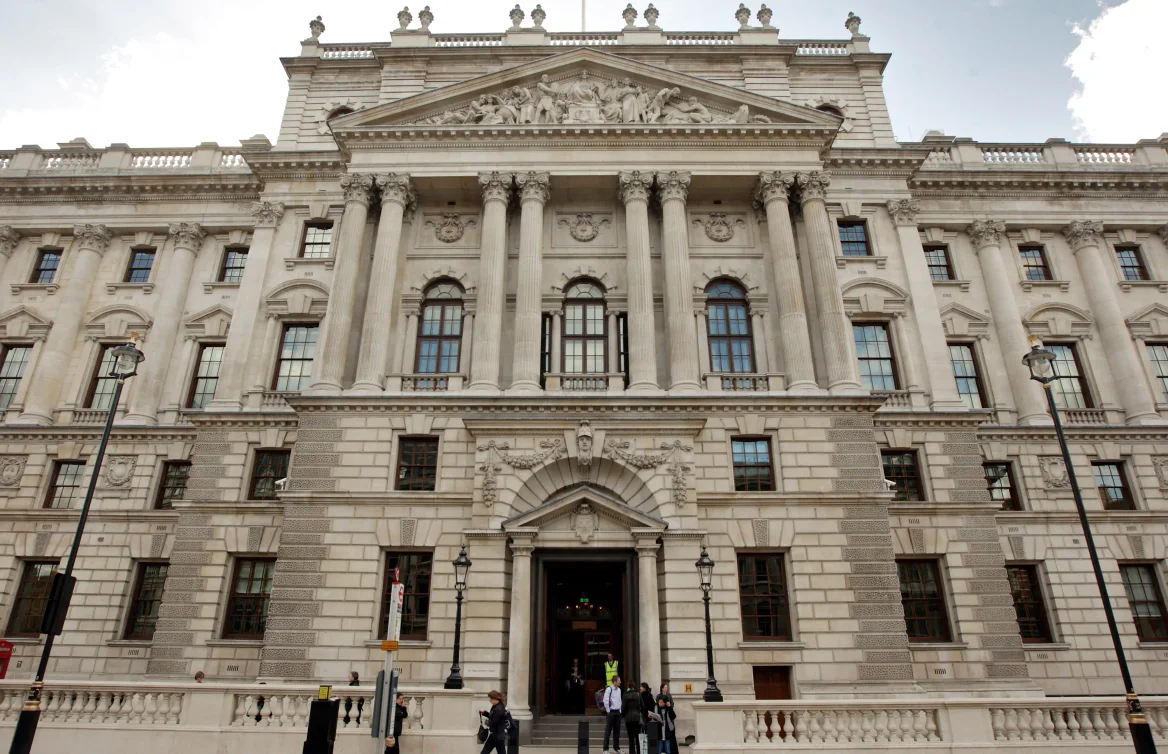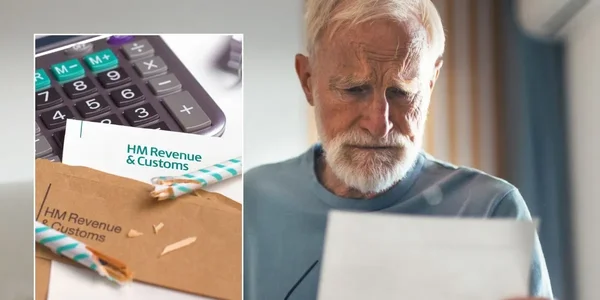
HM Revenue and Customs (HMRC) is ramping up scrutiny on self-employed individuals and their expense claims, signalling a tightening of regulations to prevent tax underpayment. This move comes amid a broader review of allowances by the Chancellor, which could impact tax deductions available to freelancers, contractors, and small business owners. With these changes on the horizon, ensuring accurate record-keeping is more important than ever.
The shift follows HMRC’s increasing focus on compliance, driven by a need to recover tax revenue and prevent fraud. Self-employed individuals are being urged to double check their records, as errors or inflated claims could trigger audits and potential penalties. The changes could affect a wide range of deductions, including home office expenses, travel costs, and equipment purchases.
Self-Employed? HMRC Is Watching Don’t Get Caught Out!
Those are some eye catching stats! If you're planning to use them in content, you could frame them to highlight the importance of proper tax compliance.
Why is HMRC Cracking Down on Expense Claims?
The UK government has been intensifying efforts to close tax gaps, with a particular focus on self-employment due to its rapid growth in recent years. HMRC estimates that billions are lost annually due to misreported income and expenses. To combat this, it has been investing in data analysis and artificial intelligence to detect irregularities in tax returns.
By tightening the reins on allowable expenses, HMRC aims to ensure that claims made by self-employed individuals reflect legitimate business costs. Common areas of concern include personal expenses wrongly classified as business costs, exaggerated mileage claims, and misuse of home office deductions.
The Chancellor’s Review of Allowances
The Chancellor's ongoing review may bring significant changes to how self-employed individuals claim expenses. Key areas under scrutiny include potential adjustments to the Home Office Allowance, stricter regulations on
Travel and Subsistence expenses particularly for contractors and freelancers and revisions to Equipment and Software Deductions, determining what can be deducted immediately versus capitalised over time. These changes could have a considerable financial impact on self-employed workers, making it essential to stay informed and prepared.

Common Expense Claim Mistakes to Avoid
To stay compliant with HMRC regulations, self-employed individuals must avoid common mistakes that could lead to penalties. Mixing personal and business expenses can raise red flags, while overstating mileage claims may result in fines. Failing to keep receipts or proper documentation can make it difficult to justify expense claims.
Additionally, misusing home office expenses such as claiming more than the business-use portion can lead to compliance issues. Keeping detailed and accurate records is essential to prevent these pitfalls and ensure smooth tax filings.
How to Stay Compliant and Avoid HMRC Scrutiny
Self-employed individuals should take proactive steps to ensure their expense claims align with HMRC guidelines. Maintaining detailed records, such as invoices, receipts, and logs, is essential for accurate reporting.
Using accounting software can help track expenses efficiently and flag potential issues. Consulting a professional accountant provides clarity and reduces the risk of errors. Additionally, staying updated on tax rules is crucial, as regulations frequently change.


Fun Fact
The UK’s self-employment tax has evolved from a simple levy to a complex system. Expense deductions, introduced to support entrepreneurs, are now heavily scrutinised.
Conclusion
The self-employed sector is under growing scrutiny as HMRC aims to close tax loopholes and recover lost revenue. With stricter rules on expense claims and potential changes to allowances, freelancers and business owners need to take a proactive approach to compliance. By maintaining meticulous records, using digital tools, and seeking professional guidance, self-employed individuals can navigate these changes smoothly and ensure they remain on the right side of tax law.
Frequently Asked Questions
What expenses can self-employed individuals claim?
Self-employed individuals can claim necessary business expenses, including office costs, travel, marketing, and equipment, provided they are wholly and exclusively for business use.
How can I avoid an HMRC audit?
Keep detailed records, ensure expenses are legitimate, use accounting software, and file accurate returns to reduce the risk of an audit.
Will the home office allowance change?
The Chancellor’s review may lead to changes, but as of now, self-employed individuals can still claim a portion of home expenses based on business use.
What happens if I make a mistake on my tax return?
If HMRC finds errors, you may face penalties or additional tax bills. If you realise a mistake, you can amend your return before an investigation starts.
Where can I get help with my tax returns?
Hiring an accountant, using tax software, or consulting HMRC’s guidelines can help ensure compliance with the latest tax rules.











